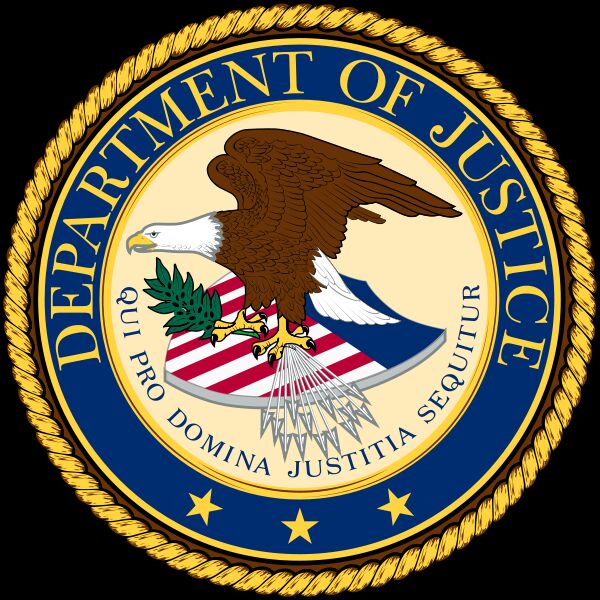Blogging: Given the element of controversy about the blogging Guidance, I hope it will be helpful to explain the underlying thinking. To my mind, the position here is plain. No one is obliged to be a Magistrate or any other Judge. As a private individual, one can blog to one’s heart’s content. But appointment as a member of the
Judiciary involves restraint in a variety of areas – and blogging is one of them, as made clear in the recent Guidance.
In the Declaration and Undertaking signed on appointment as a Magistrate the appointee acknowledges and undertakes:
“that I will be circumspect in my conduct and maintain the dignity, standing and
good reputation of the Magistracy at all times in my private, working and public
life” In my view, any Magistrate who wishes to blog must ask himself whether his blog
complies with this Declaration and Undertaking. Comments on cases tried or on Govt
policy or other branches of the Judiciary tend to demean rather than enhance the
office holder in question. Likewise, as the MA has recently emphasised, the Guidance
seeks to maintain “public confidence in the impartiality of the judiciary”; blogging
contrary to the Guidance carries the very real risk of undermining that public
confidence. I make no apologies for speaking bluntly on this topic.
This is all very interesting and I like people who speak bluntly. But has Gross LJ read the guidance - the guidance does not permit blogging at all - "blogging contrary to the guidance" makes no sense when the guidance does not allow any blogging at all. The guidance says "Blogging by members of the judiciary is not prohibited. However, officer (sic) holders who blog (or who post comments on other people’s blogs) must not identify themselves as members of the judiciary....The above guidance also applies to blogs which purport to be anonymous. This is because it is impossible for somebody who blogs anonymously to guarantee that his or her identity cannot be discovered. " So judicial blogging is not prohibited, but you must not identify yourself as a member of the judiciary - and also you cannot blog anonymously.....which leaves what exactly? Nothing! This is a total ban on blogging by judges - whether they identify themselves as judges or blog anonymously.
I utterly agree that judges must not blog in a way that demeans or undermines their office - but why can't they be trusted to blog in a way which does not affect their capacity to act as Judges? The guidance needs revisiting - see previous posts
Meanwhile the Attorney General (for England) has been very busy - he has decided to seek new inquests into the Hilsborough deaths - which must be the only option and has decided to veto the release of the Prince of Wales' correspondence with Ministers. The Heir to the Throne will by definition (normally) become the Soverign and anything he says in letters to Ministers might undermind his future role as Soverign. The same essential constitutional ring of confidentiality which surrounds the Soverign must also surroung his or her heir. The Upper Tribunal was wrong and the A-G is right on this issue. Will the Guardian JR his decision?
The Home Secretary has been openly defying US Attorneys over Gary McKinnon - but don't be fooled - HMG would not take such a step without clearance from the White House.......plus note that she does not actually propose any changes to our Extradition Treaty with the US.....



This comment has been removed by a blog administrator.
ReplyDeleteA few points here.
ReplyDelete1. Blogging - remember that the guidance contains the threat of disciplinary action which must include the possibility of removal from the bench. Your are right - why should careful and responsible comment be banned? It could even do the reverse of what he suggests - actually enhance the position of the judiciary. Also, why does he feel so free to make speeches etc if he believes that public comment demeans the judiciary?
2. Prince of Wales has to remain uncontroversial. Then why does he feel so free to write to Ministers. Risible decision by AG.
3. Agree - White House will have agreed. Also, consider whether a forum bar - which suddenly finds favour - might have prevented extradition of (eg) Babar Ahmed.